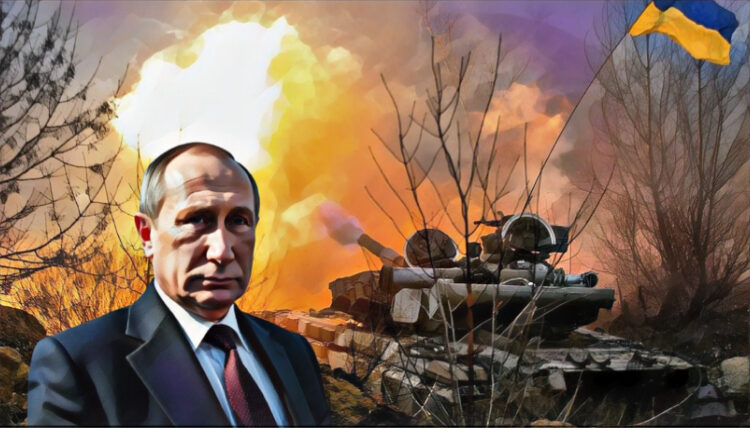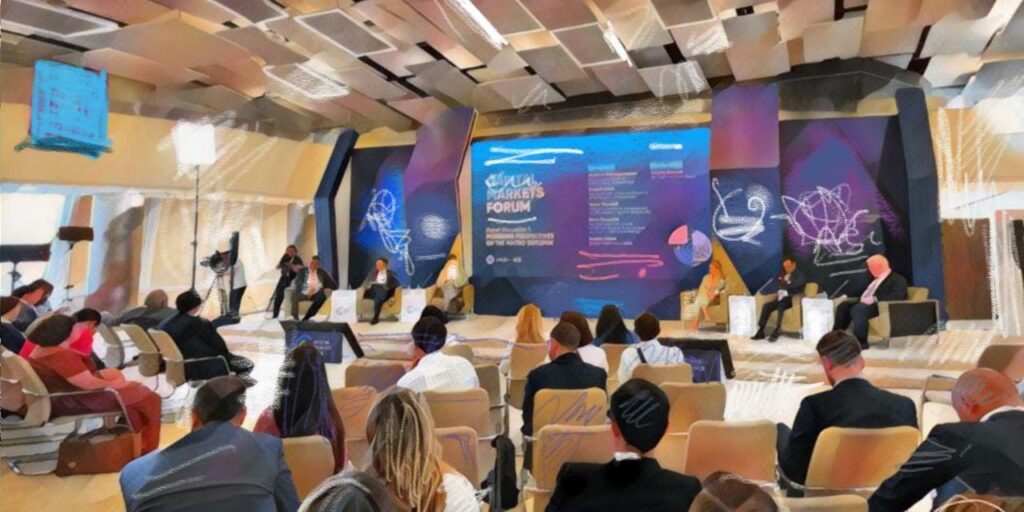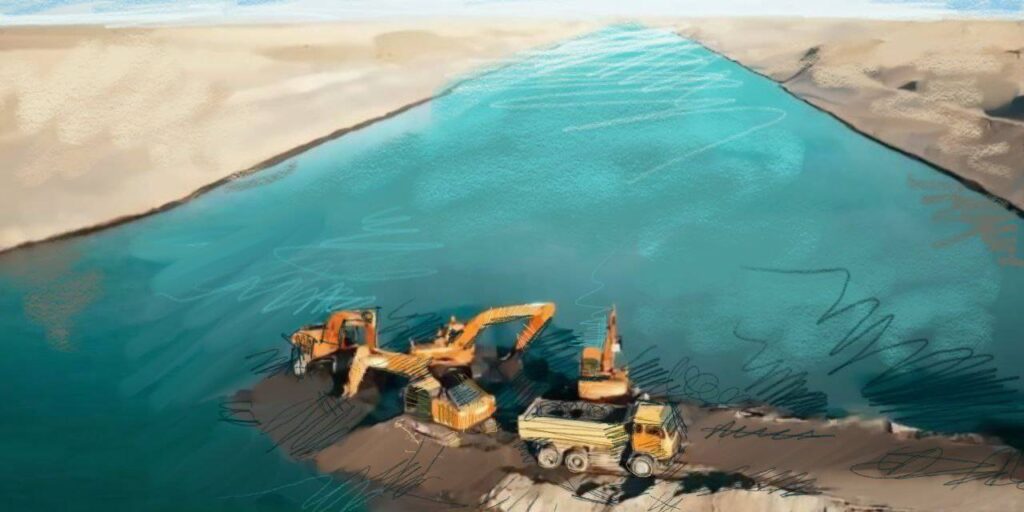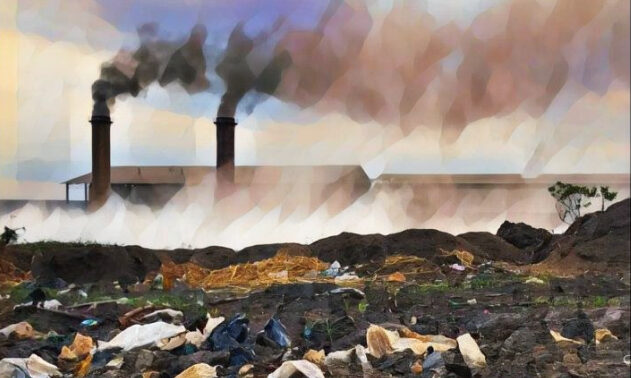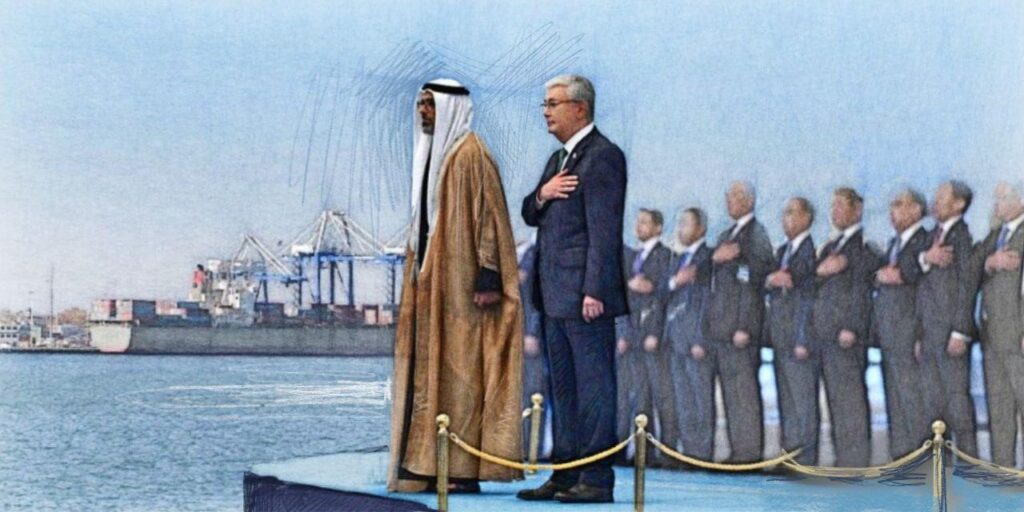Russia: Thousands of Central Asia-Born Russians Sent to Ukraine Front Line
A senior Russian official has said that thousands of migrants from Central Asia who became Russian citizens were sent to fight in Ukraine after they tried to dodge conscription. "Our military investigations directorate conducts regular raids,” Alexander Bastrykin, head of Russia’s Investigative Committee, said on Tuesday in remarks that were reported by the Russian state-run TASS news agency. “So far, we've tracked down 80,000 such Russian citizens who didn't just avoid the front lines — they wouldn’t even show up at military enlistment offices. We’ve registered them for military service, and about 20,000 of these 'new' Russian citizens, who for some reason no longer want to live in Uzbekistan, Tajikistan, or Kyrgyzstan, are now on the front lines," Bastrykin said at the St. Petersburg International Legal Forum. Bastrykin’s comments contributed a piece to the often murky picture of the involvement of people from Central Asia in Russia’s war effort in Ukraine in the last three years. In addition to conscription measures, Russia has also sought to replenish its ranks by offering contracts and other incentives to foreigners willing to fight. Uzbekistan and Kazakhstan are among Central Asian countries that ban their nationals from fighting in foreign conflicts and there have been several high-profile prosecutions of citizens who fought for Russia and returned home. It is a sensitive political matter in Central Asia, a region that seeks to project neutrality in the conflict between Russia and Ukraine. Kazakhstan has said it is reviewing a report by a Ukrainian institution that said about 661 Kazakh citizens have fought for Russia since it launched a full-scale invasion of Ukraine in February 2022. The I Want To Live center, which is run by the Ukrainian security services and assists with surrender requests from soldiers fighting for Russia, published a list of what it said were the Kazakh nationals. Of the 661, at least 78 have been killed, according to the center. Without providing details, it said it received the list from its own sources within the Russian military. Uzbekistan is conducting a similar investigation based on data from the Ukrainian group.
